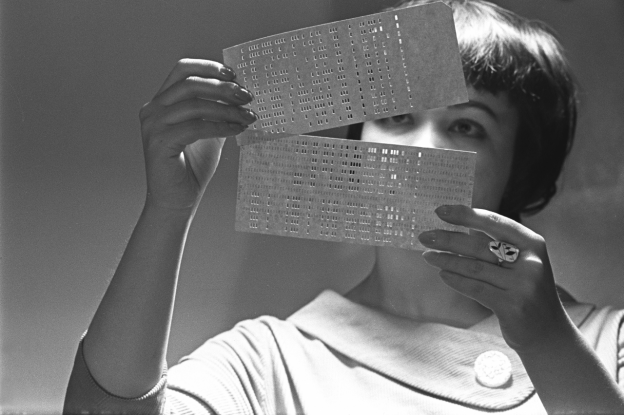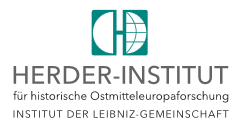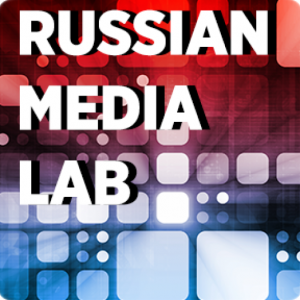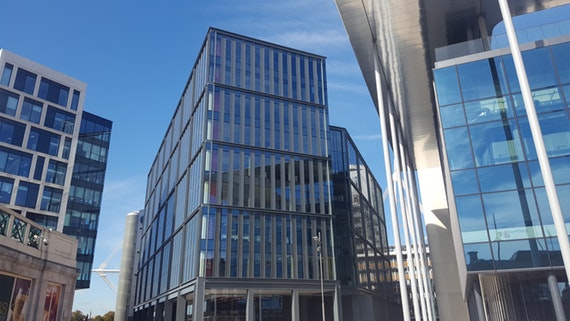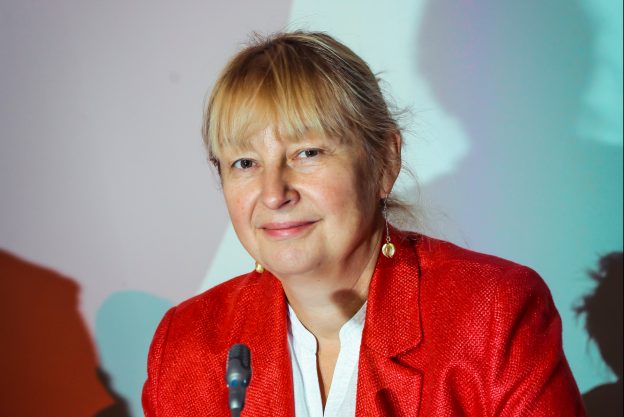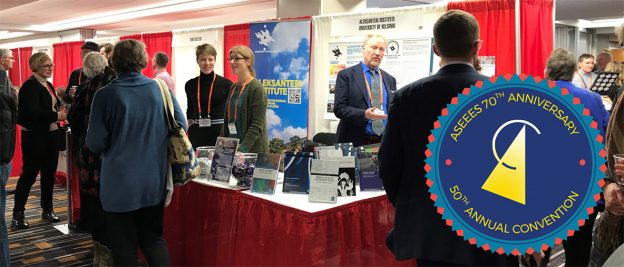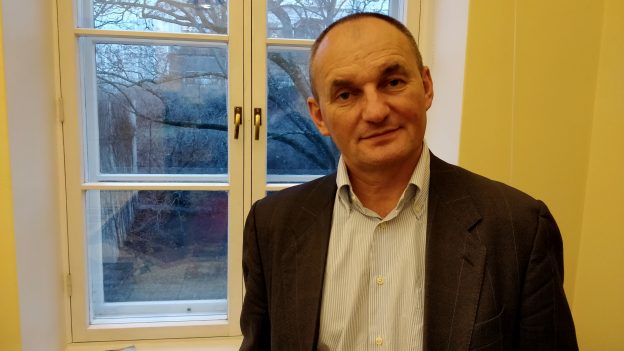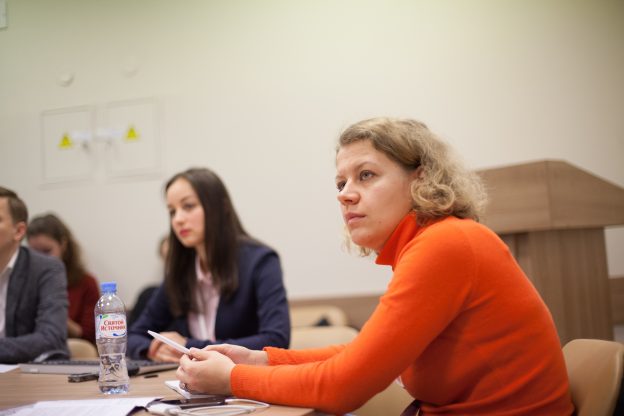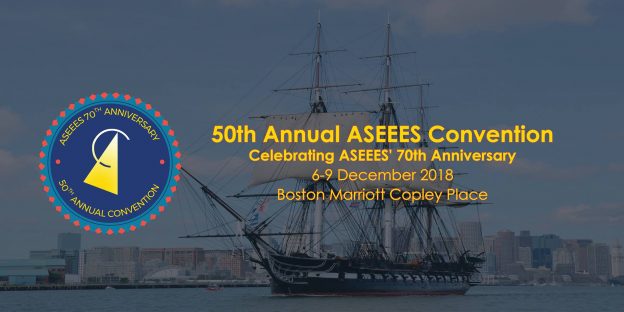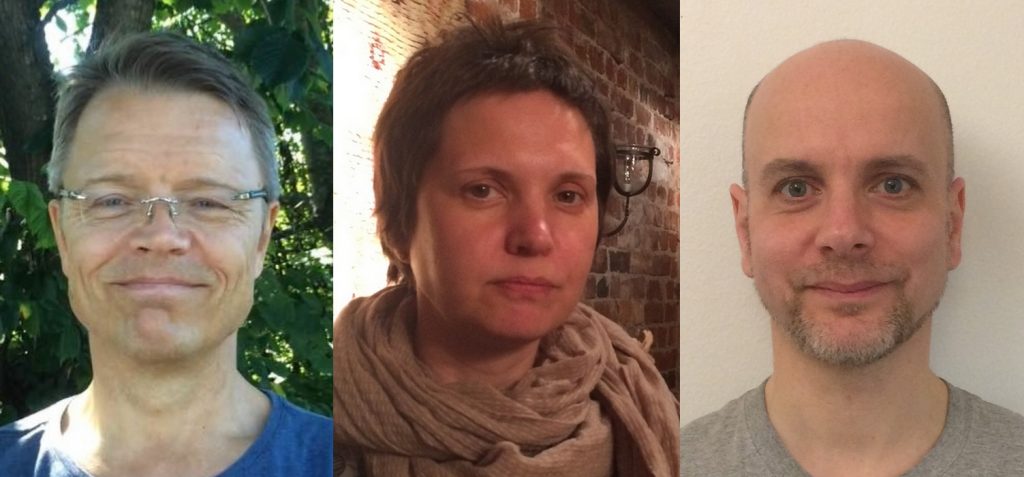Russian Media Lab proudly announces the publication of new issue for Studies in Russian, Eurasian and Central European New Media (www.digitalicons.org). The issue is guest edited by RML’s researchers Saara Ratilainen and Mariëlle Wijermars and by Justin Wilmes.
Issue 19: ‘Women and Tech in the Post-socialist Context: Intelligence, Creativity, Transgression’
Since October 2017, the #MeToo campaign has raised awareness of sexual discrimination against women all over the world and showed that participation on digital platforms can and will drive change.
This special issue, in part inspired by the #MeToo movement, is devoted entirely to a feminist perspective on digital media and communication technologies. It wishes to develop our understanding of (hyper)mediated feminisms in post-socialist spaces and to re-connect with gender studies and feminist theory as productive methodological frameworks of digital media studies. Employing a gender and feminist studies approach will also help to reframe and update the current understanding of Russian, Eurasian and Central European new media within the global context of digital information flows and technological development. The question of gender equality is not specific to any country, culture, or geographical context. However, the ways in which gender is discussed and the degree to which gender equality is a political, social or theoretical concern offers an important window to understanding geographically and culturally localized processes.
